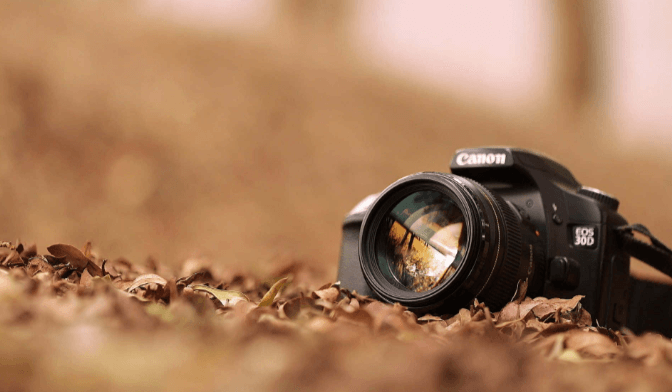Photography:7zoitzrpmi4= Background reflects a profound transformation in how we perceive and document our world. From the pioneering daguerreotype to the sophisticated digital cameras of today, each advancement has reshaped artistic expression and accessibility. Notable figures such as Ansel Adams and Henri Cartier-Bresson have left indelible marks on the medium, influencing techniques and philosophies that continue to resonate. As we explore the interplay between technology and creativity, one must consider how contemporary styles and innovations challenge traditional boundaries, prompting a reevaluation of what photography signifies in our modern context. What implications does this evolution hold for the future of visual storytelling?
Early Beginnings of Photography
How did the quest to capture images evolve into the sophisticated art form we know today as photography?
The early beginnings saw the advent of the daguerreotype process, which marked a pivotal moment in achieving photographic realism.
This innovative technique allowed for detailed, lifelike images, revolutionizing the way people perceived and documented their world, laying the groundwork for future advancements in photography.
Key Innovators and Their Impact
Driving the evolution of photography were several key innovators whose contributions not only advanced technical processes but also expanded the creative possibilities of the medium.
Pioneering photographers like Ansel Adams and Henri Cartier-Bresson propelled artistic movements, emphasizing composition and light. Their visionary approaches inspired countless artists, encouraging a freedom of expression that transformed photography into a powerful means of storytelling and personal interpretation.
Read Also Clipart:R9fgmzbxzgo= Sweets

Evolution of Camera Technology
The artistry and vision of photographers like Ansel Adams and Henri Cartier-Bresson laid the groundwork for the relentless advancement of camera technology, which has continually reshaped the landscape of photography.
Digital advancements have revolutionized image capture, while smartphone influence democratizes photography, enabling spontaneous creativity.
As technology evolves, photographers embrace new tools, expanding their expressive possibilities and redefining the essence of visual storytelling.
Diverse Styles and Techniques
What defines the myriad styles and techniques in photography? The art encompasses portrait photography, capturing the essence of individuals, and documentary styles that narrate stories.
Abstract techniques challenge perception, while landscape variations showcase nature’s beauty.
Street photography seizes candid moments, and digital manipulation transforms reality.
Black and white imagery evokes emotion, complemented by cinematic approaches that create dramatic visual experiences.
Each style offers a unique lens on life.
Conclusion
The evolution of Photography:7zoitzrpmi4= Background, from the early daguerreotype to the digital age, illustrates a profound transformation in visual representation and storytelling. Key innovators, such as Ansel Adams and Henri Cartier-Bresson, have shaped the medium through their distinct approaches, emphasizing the significance of composition and spontaneity. The democratization of photography through technological advancements has further expanded creative possibilities, fostering diverse styles and techniques that continue to enrich the art form. Photography remains a vital tool for capturing and communicating the human experience.





 Person:Nwk8vx-3j9c= Beaches
Person:Nwk8vx-3j9c= Beaches